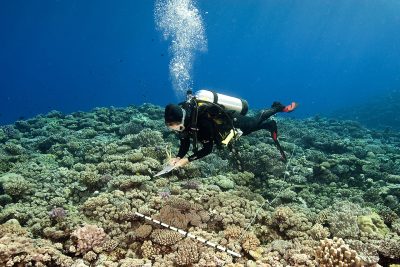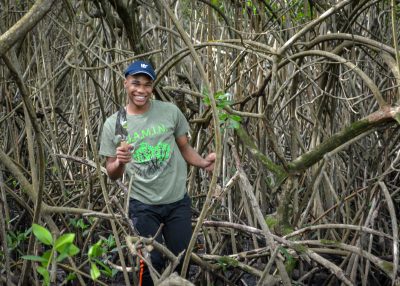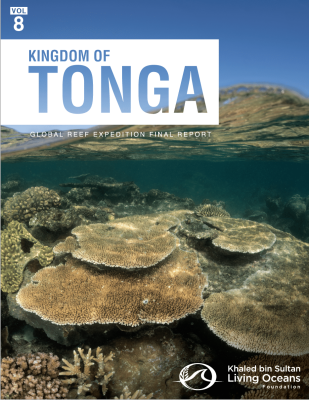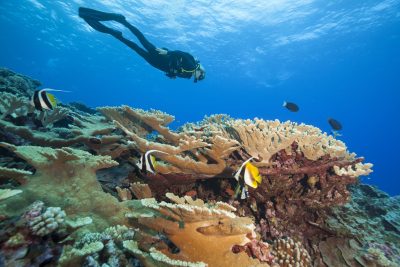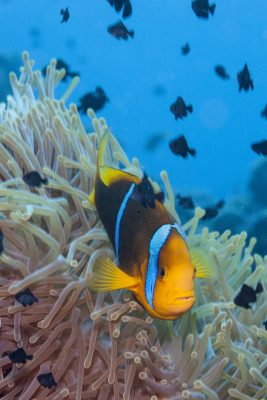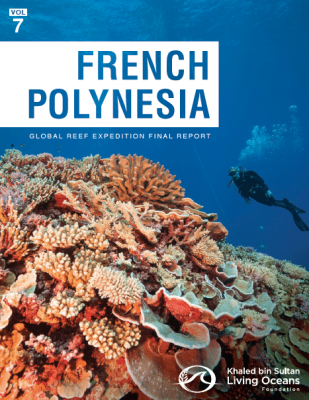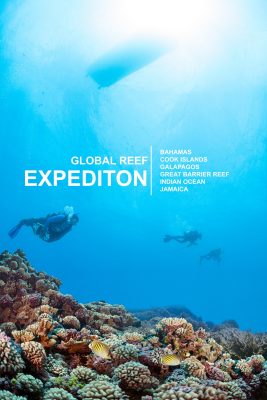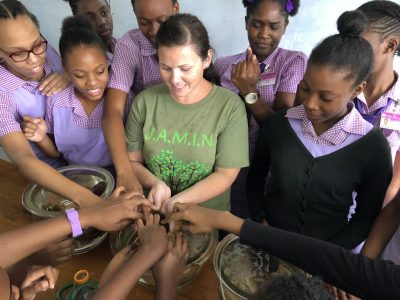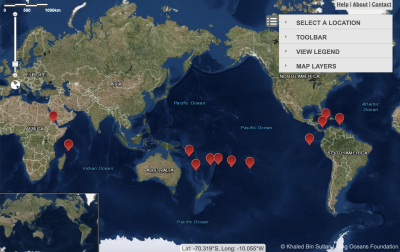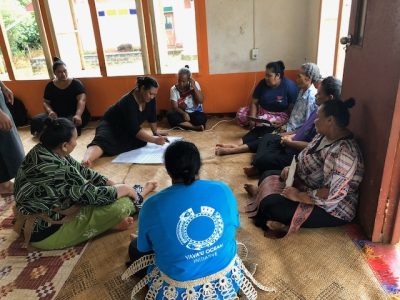
A Leap in Time for the Ocean – A guest blog from our partners at the Vava’u Environmental Protection Association
In Tonga, there has been lots of effort between communities, government, national, and international partners to implement ocean management programs that aim to restore and conserve marine species and the marine habitats as well as provide livelihood benefits.
Our partners

